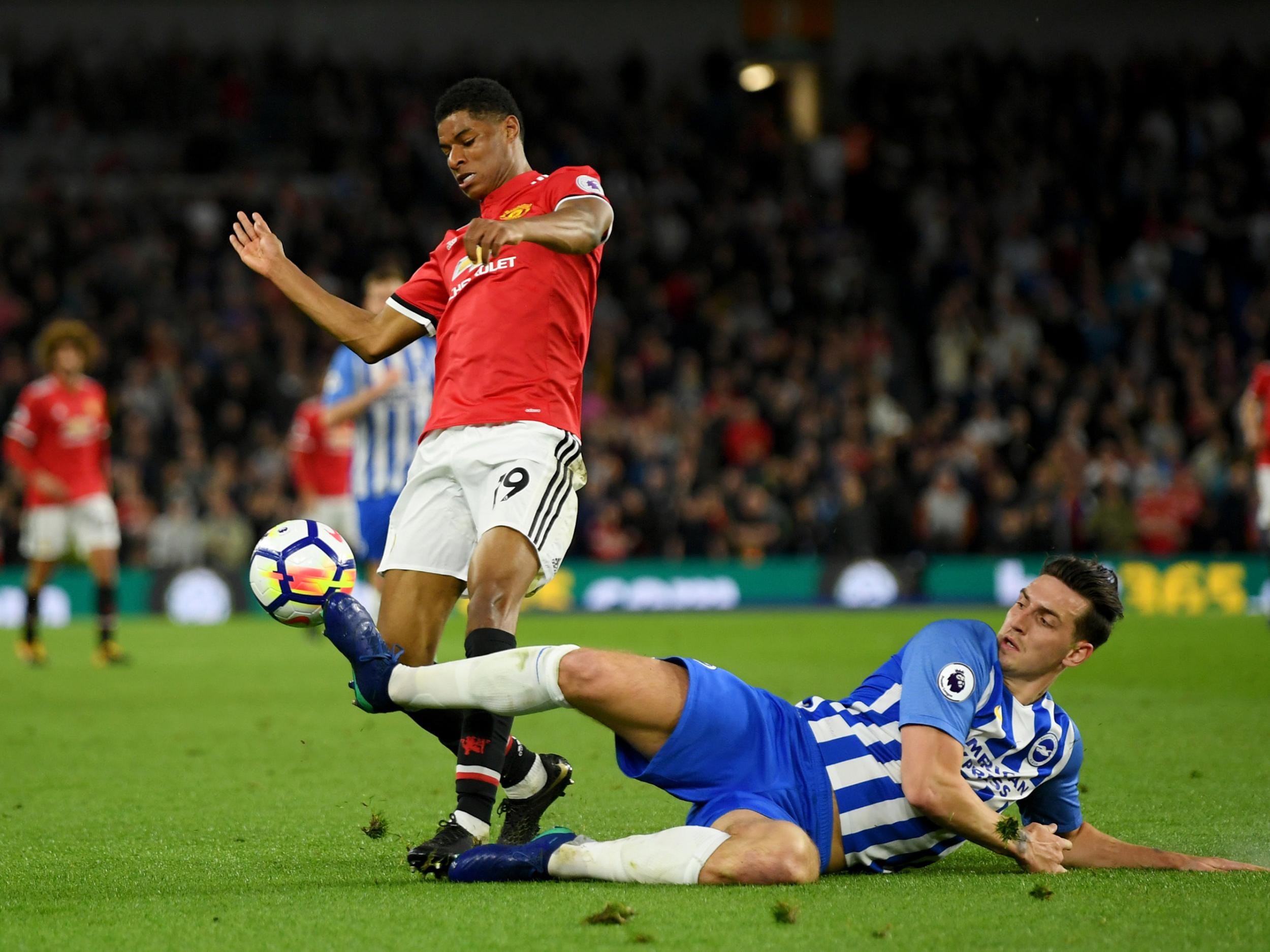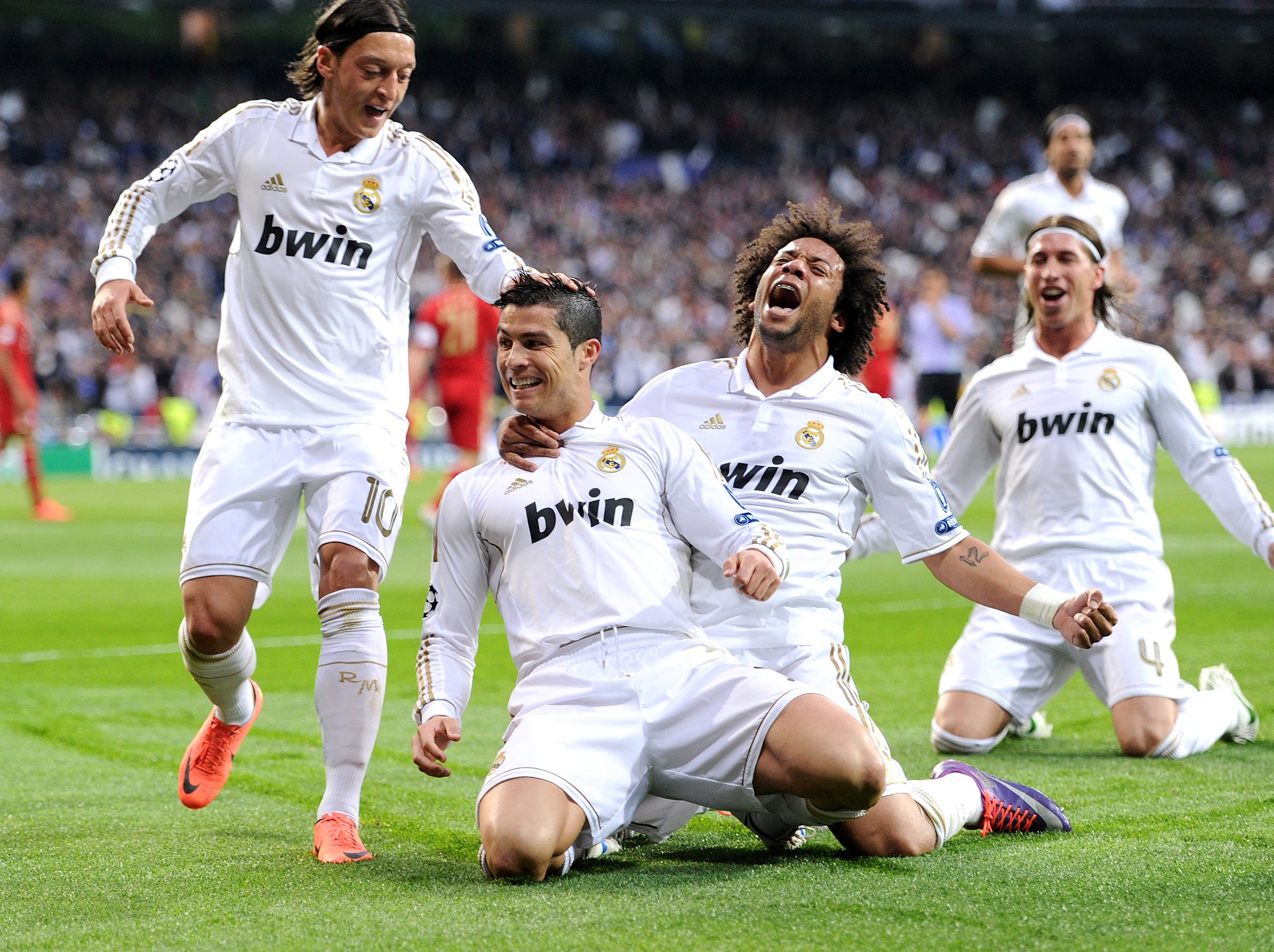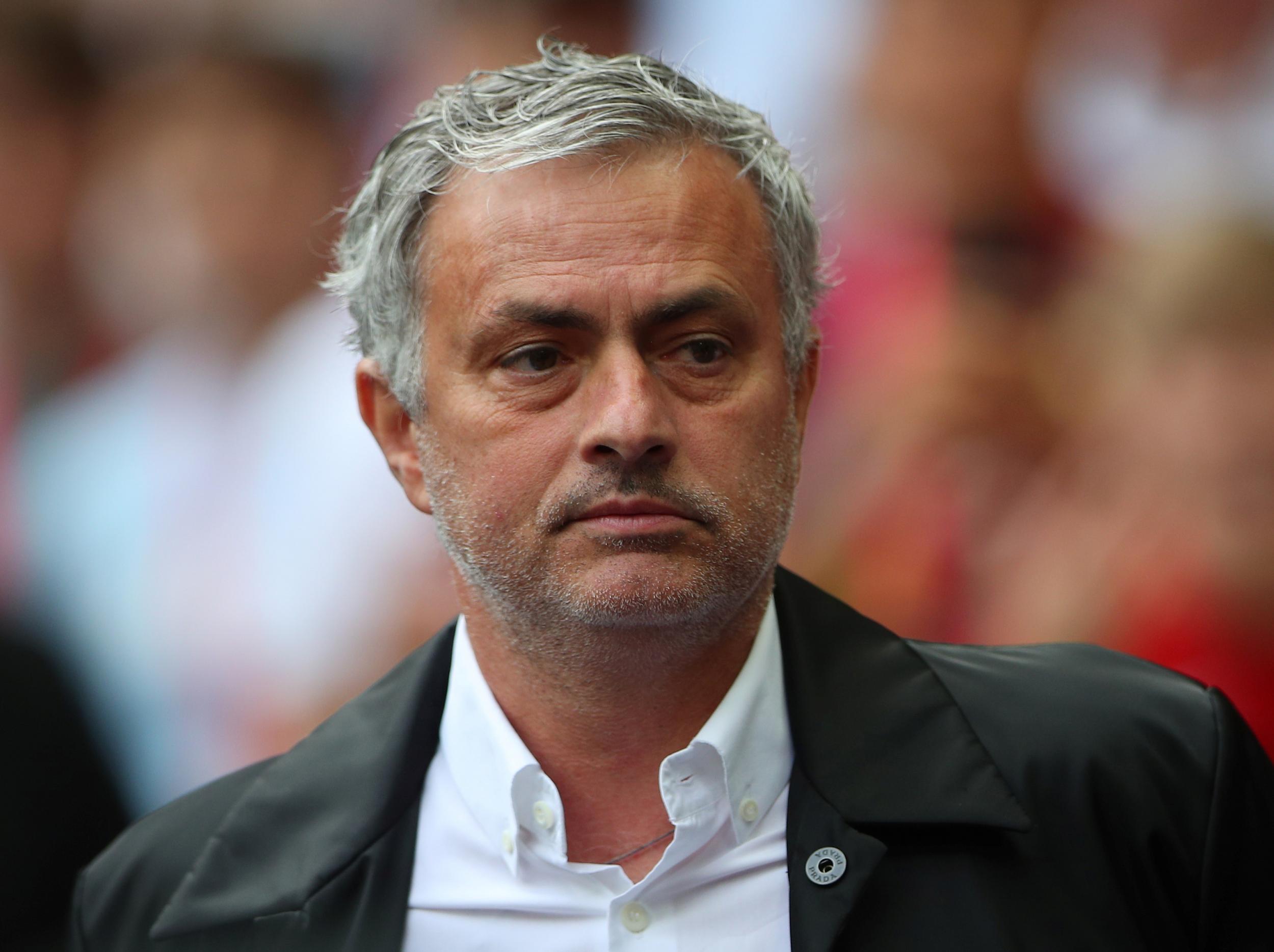How can we square Manchester United’s struggling attack with Jose Mourinho’s thrillingly aggressive Real Madrid?
Can Mourinho’s attacking play really be questioned when this is the manager whose ruthless Real Madrid still hold the Spanish league scoring record?
It is the question that has coloured Jose Mourinho’s entire time at Manchester United - as well as much of his career beyond Old Trafford - and keeps coming back, in a way some of his sides’ attacking play, well, doesn’t.
It is of course about how those sides attack, how the Portuguese sees that side of the game. The discussion arose again after the 1-0 defeat to Brighton and Hove Albion, in what was yet another flat and frustrating display against a well-organised defence to close out this odd season so bizarrely. United once again looked like they weren’t quite built to take the game to the opposition regardless, and eventually cut them open with adventure and attacking ingenuity.
The defeat of course also forced all manner of other discussions that have punctuated Mourinho’s time at Old Trafford, such as the future of some of his players, and that is perhaps why there was on this occasion no need for the United boss to offer his own routine response to this recurring question. It is an eminently fair response given how emphatic it is, but that is also what makes it all the more curious. It is the 2011-12 season at Real Madrid.
How can Mourinho’s attacking be questioned when this is the manager who put out the champions who still hold the Spanish league scoring record, an utterly rampant 121 goals in a single season?

How are all these things squared? Is it a great contradiction of his career, or should it lead to a more correct perception of how he works?
Mourinho is of course absolutely right to bring it up every time the question comes up, and he has regularly done so going right back to his second spell at Chelsea, but there was one specific time where his answer really stood out; where it went to really explaining the “why”.
It was in his first season with United, when he was interviewed by France Football.
“People sometimes confuse ball possession with the number of goals you score,” Mourinho explained. “They forget that the aim is to always score and win. At Real, I had a team that broke the record for the number of goals scored in the history of the Spanish league: 121 goals in one season. It was the best in the world in terms of transition play, in terms of being effective in recovery, and then in terms of projecting the ball towards the goal.”
The last sentence maybe says a lot more than intended in this discussion, and essentially goes to Mourinho’s first principles as a coach.
It is why this 2011-12 season wasn’t actually a contradiction at all. It emphasises how it was a campaign all about countering, but taken to its furthest and finest extremes by the manager.
This is what Mourinho is getting at when he talks of them being so good in “recovery”, “in terms of transition play”, and “then in terms of projecting the ball towards the goal.

In other words, they were excellent at winning the ball back then getting it up the pitch at breakneck speed, to the point opposition defences were broken by the time they got there.
This is perhaps best illustrated by one of the stand-out stats of the campaign beyond the number of goals scored. There were 11 games when Real would go ahead before the 25th minute - often before then, and often through a striker as sensational as Cristiano Ronaldo - and then just cut loose as opposition sides would have to step out.
And stepping out against a side with that many stunningly talented and very fast stars - a prime Ronaldo, Mesut Ozil, Karim Benzema, Gonzalo Higuain, Angel Di Maria, and Marcelo, with Xabi Alonso supplying the passes - was tantamount to ensuring you would then just be trampled on. This is why there were 18 games - one shy of half a whole league season - where Real scored four goals or more. Astonishing.
“It was the team that killed everyone,” Mourinho proudly told France Football, as he reflected at the high quality available to him. It shouldn’t be overlooked that this was also time that was said to be killing Spanish football, such was the way that the league’s economic arrangements ensured such an extreme concentration of money and thereby talent at Real and Barcelona, further explaining such batterings. This was the peak of that period… although it was also a peak because of players in their prime like Ronaldo and Leo Messi, and maybe also managers in their prime in Pep Guardiola and Mourinho himself.

That is something that shouldn’t be overlooked either: Mourinho’s brilliant pragmatism. The elements available at Real allowed him to maximise his own qualities, and put out arguably the greatest counter-attacking team ever seen in the game.
"My team plays in this way or that way because that corresponds to the players that I have,” he told France Football. "I could have said to Di Maria, who was faster than an arrow: 'You do not dribble, you play with one touch, you pass the ball, because I do not want to lose'. But I prefer to play with the qualities that my players have.”
Not everyone at Real was completely enamoured with that pragmatism. Diego Torres’ controversial account of Mourinho’s time at the Bernabeu paints a much more complicated picture than the compelling simplicity of so many goals. Among many other issues, the book details the complaints so many players had about an attacking system they felt actually constrained them. Many felt that imposing that approach was accepting they weren’t as good or as talented as Barcelona, something they didn’t want to. It also elaborates at length about the problems they had - despite that attack - when they didn’t get that early goal; when they faced sides that could sit deep for much longer.
This is when there were some performances more similar to United’s more trying days now. This also explains a statistical contradiction to the season. Even though that Real scored 121 goals and enjoyed eight games where they hit five or more, there were actually nine games - a quarter of the campaign - when they failed to score more than one. That does feel very high for a season that was otherwise so high-scoring.

And the principles behind that might be why United can still look so flat now.
Mourinho just doesn’t build teams to take the game to the opposition in that way. The majority of his attacking plans are based on having a minority of the possession and being able to break. As becomes clear in the many matches where they have more of the ball but don’t yet have a goal, there isn’t the same level of ideas there.
On the other side, Mourinho doesn’t have that attacking talent available to him at Real, and that’s before you even get to a prime Ronaldo.
It is one reason why United just aren’t as brutal; aren’t as ruthless; aren’t as rampant.
But it is also one of a few reasons why all the debates about the consternation of now don’t necessarily contradict what happened in 2011-12.
Join our commenting forum
Join thought-provoking conversations, follow other Independent readers and see their replies
Comments